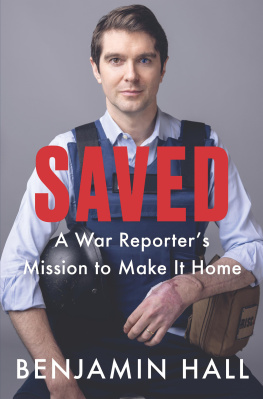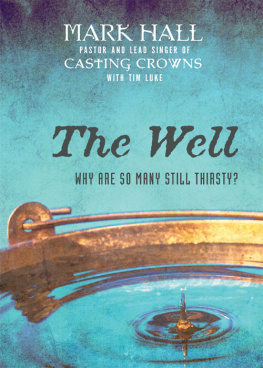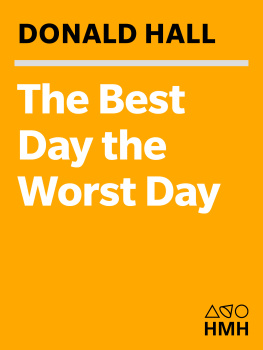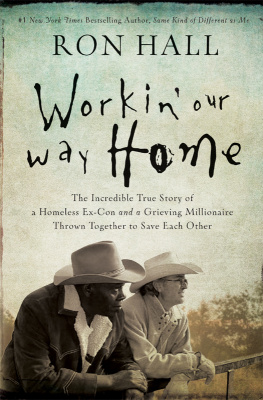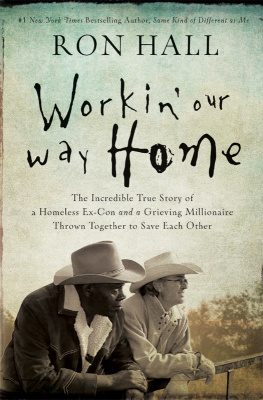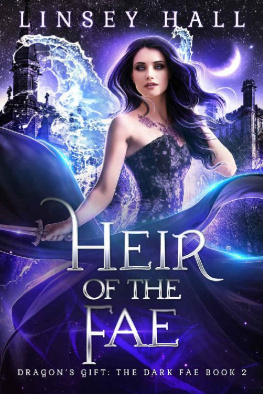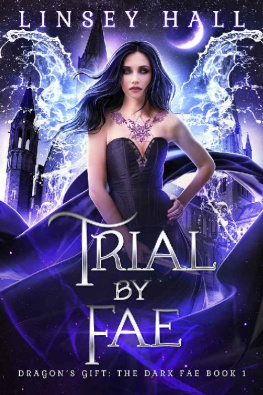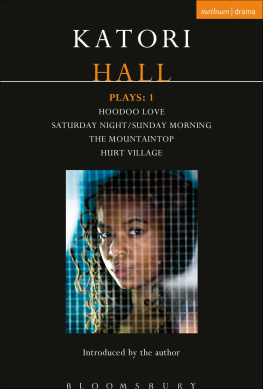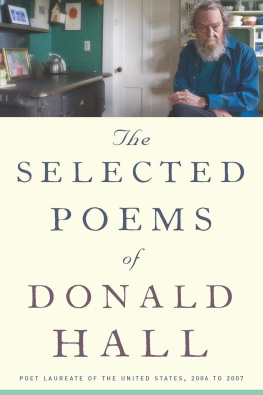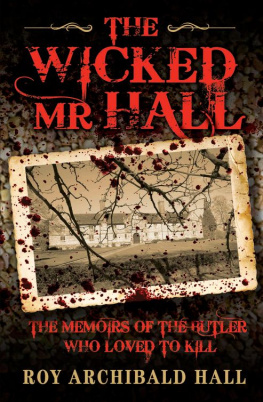Contents
Guide
To my wife, Alicia, and my daughters, Honor, Iris, and Hero. You are the reasons I am here today, and I love you more than I can hope to convey.
And to the casualties of wars everywherethe people who have given so much and shown such extraordinary courage, all in the fight to make this world a better place. Your losses and sacrifices will never be forgotten.
KYIV OBLAST, UKRAINE
MARCH 14, 2022
T he first explosion tore through a stand of pine-birch trees twenty feet in front of us, and wed barely turned to look before the second bomb whistled overhead and landed right next to us and everything went dark.
Not just darkblack. Deep, infinite blackness. A void in which no thought or awareness seemed possible. If I had the slightest hint of consciousness, it was a distant sense of shock waves, and the feeling that every part of my bodybones, organs, sinew, my soulhad been knocked out of me, leaving behind a useless husk.
I was all but dead.
But then
improbably, out of this crippling nothingness, a figure came through and I heard a familiar voice, as real as anything Id ever known:
Daddy, youve got to get out of the car.
* * *
Twenty days before these bombs exploded in the abandoned ruins of a village near Kyiv, I buried my father who died at the age of eighty-nine, in a lovely cemetery at the foot of San Franciscos San Bruno Mountains.
His six children gathered in a chapel of carved white granite, stood in front of a coffin draped in the Stars and Stripes, and took turns telling stories about him. There were many stories to tell. After all, my father had, as one obituary put it, stayed with tribes in Venezuela, fished in the Amazon, climbed volcanoes in Ethiopia, went birding in the Galapagos and rode a hot-air balloon through Burma.
He had lived a big, long life.
The story that best defined my father, however, was the story of the Battle of Manilaperhaps the bloodiest, deadliest, most savage engagement in all of World War II. The battle that fulfilled General Douglas MacArthurs historic promise to return to the Philippines. The battle that ended a hellish three-year Japanese occupation during which at least one hundred thousand Filipinos were killed in godless acts of mass murder. The battle that left more than six thousand U.S. soldiers dead or wounded.
My father, Roderick Hall, was there for all of it. He was twelve.
Rod was born in Manila to a Scottish father and a Filipino mother and lived there happily until December 1941, when Japans Fourteenth Army landed on Batan Island and opened its merciless campaign to conquer the country.
The Japanese held his fathermy grandfatheras a noncombatant prisoner at the harsh Santo Tomas Internment Camp for three years. Rods mother, grandmother, aunt, and uncle were rounded up and, it was presumed, eventually killedhe never saw or heard from them again.
Left in charge of his three younger siblings, my father managed to survive and keep his siblings safe for nearly four years, long enough for American forces, under the command of General MacArthur, to storm the shores and liberate Manila in early 1945 (my great-uncle Colonel Joseph McMicking was on MacArthurs staff, walked ashore with him on a Leyte beach, and stood with him as he gave his I have returned speech). In the chaos of the American offensive my father led his young siblings into the still-besieged streets in search of American GIsthe only ones who could save him. There were Japanese snipers everywhere as we carried a few belongings and walked in single file among the ruined houses, he later wrote. Suddenly a sniper shot rang out and a little boy about fifteen feet ahead of me fell.
Desperate, my father and his siblings ran for their lives toward the American lines, bullets whizzing past their ears. When they got close, GIs from the 37th infantry, the Buckeye division, reached out for them and pulled them to safety. From that day forward, to the end of his life seventy-seven years later, my father felt a profound sense of gratitude to the U.S. (he and his family moved to America) and the U.S. military, and he never forgot how the GIs had reached out and saved him and given his life to him.
I never forgot that story, eithernor did I realize how it would reverberate through the years and finally be replayed, in a way, in my own life.
My father felt so indebted to the American military that after graduating from Stanford in 1954 he enlisted to serve for two years in Korea as a private during the Korean War. He wanted to earn his U.S. citizenship and pay back what hed been given. He shared his pride in the United States and its military with his children, and I grew up feeling that pride (I am a dual citizen of the U.S. and the U.K.). My fate, however, would not be to fight in wars but to be a war correspondent, traveling to the worlds most dangerous places and reporting on its most violent conflicts. I went wherever civilization was collapsing under the assault of factions and ideologiesto Aleppo in Syria, Mosul in Iraq, Kabul in Afghanistan, Mogadishu in Somaliaalways maneuvering as close to the front lines as I could. I felt the earth shudder beneath me with the force of Hamas missiles, huddled with Syrian snipers on hilltops, interviewed bloodied jihadists, and sat with mothers weeping for their murdered children. I filed urgent satellite dispatches to the Times, the Guardian, the BBC, and many others, breaking news and painting portraits of humans under extreme duress. I saw a lot of death, had guns pressed against my head, dreamed horrific dreamsall of it an echo of what my father endured in Manila.
Still, back then, from 2007 to 2015, when I was a war-hopping freelance journalist, I did not dwell on, or even think too much about, what might happen to me in those dangerous places. I knew the risks, and I understood what I needed to do to stay alive. I never acted rashly or thoughtlessly, but I must admit that there were likely times when I sought out the danger, drawn ever closer to the fighting by a relentless desire to go where no one else had gone. I suppose that, like many younger people, I felt a sense of invincibility. And anyway, my unambiguous mission as a battlefield correspondent did not allow for much wiggle room: it was my job to give voice to the voiceless, and to show the world the brutal reality of war, up close and at whatever cost.
I was, to say the least, extremely lucky to survive it all.
Then things changed. In 2011 I met a smart, beautiful, caring woman named Alicia, and we got married, and we had three angelically lovely girls: Honor, Iris, and Hero. No longer was there an entity known as Benjamin Hall, journalist, existing independently of any place or anyone. Now I was part of something much bigger than myselfmy familyand there was no separating me from them or them from me. We were the same thing. We were one single entity.
I understood that, or at least I believed I did.
After the birth of our first child, Alicia and I discussed plans for me to move away from the front lines and keep a safer distance from the worst of the fighting. Still, there were always conflicts I wanted to cover and stories I wanted to tell, and they inevitably drew me back into combat zones. In 2015 I took a full-time job with Fox News, serving first in their London bureau and continuing my coverage of wars. It was only in 2021, when I became Foxs U.S. State Department correspondent and moved to Washington, DC, that I made that final decision to pull back from the front lines.
It was much harder than I imagined it would be to make this professional change in my life; the pull of distant wars never weakened or went away. But I understood new paths were opening for me, and as I began to fill in as a TV anchor I understood this was the right decision to make, and in this way I slowly brought my risky wanderings to a close.

